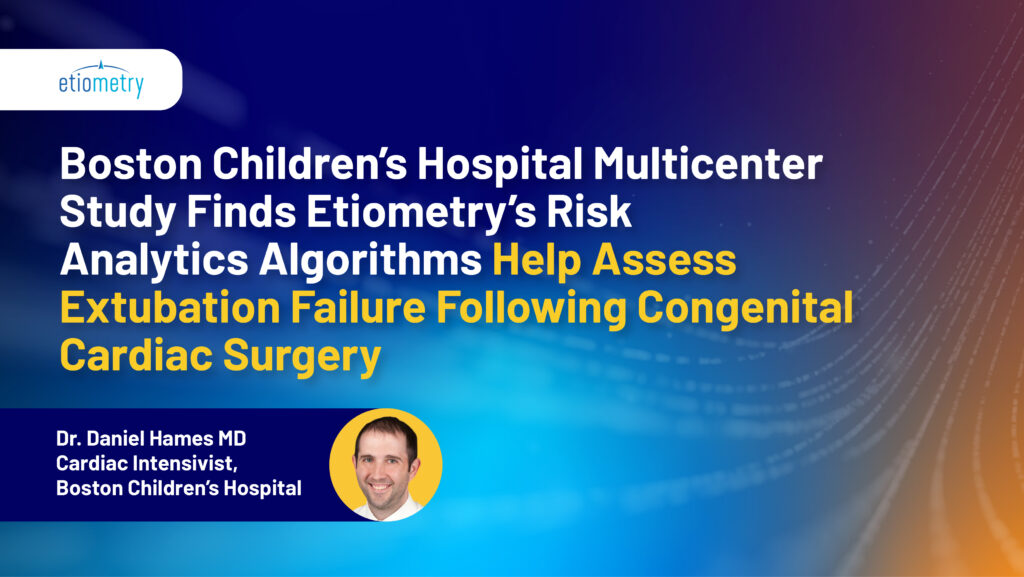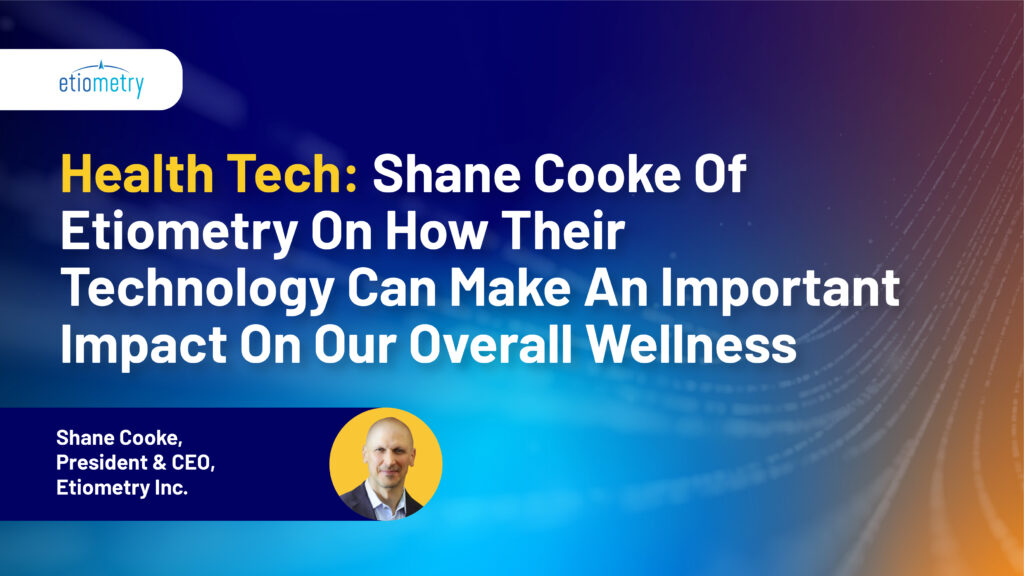Client Corner: Etiometry Implementation Q&A with Health IT Team at Large Medical Center
Blog
We sat down with David Brake, Manager IT, and Brian Soto, Application Developer from the Peri-Procedural Application Team at a large medical center to learn about their experience implementing the Etiometry platform. We asked David and Brian specific questions related to the implementation process, then asked general questions about their IT department. Here’s a summary of our conversation.
How did you initially hear about the Etiometry software?
Two doctors in our health system had heard about Etiometry independent of one another. One of the doctors had done a lot of research on his own and was very excited to bring it to our IT team to discuss implementing it in our system.
How many individuals from your IT department were involved with the Etiometry implementation?
Only one – Brian owned the implementation process and now he’s the subject matter expert for the Etiometry solution. We had a project manager that tracked a few tasks, but it was mainly Brian working directly with the Etiometry team from start to finish.
How was the Etiometry implementation compared to other system implementations?
The Etiometry implementation was very straightforward, and the scope was very clear from the start. Everyone we worked with at Etiometry was professional, knowledgeable, and organized throughout the process. We did encounter a unique problem within our system with the RedHat application but once we got past that, everything went great.
In terms of ongoing support, has the Etiometry platform increased your workload?
No, it has not increased the workload. Overall, there is very little time dedicated to IT support for Etiometry. It helps that the physicians can easily access the software from their devices and the other care team members use the persistent monitors, which are running smoothly. If something does come up, Etiometry is responsive and resolves the issue quickly.
Were you able to take away anything from the Etiometry implementation that you can apply to your IT workflows?
Nothing specifically, but one of the best practices the Etiometry did at the end of the implementation was a retrospective to learn what went well and what did not go so well. We appreciate their spirit of continuous improvement which also helped us identify best practices or areas of improvement for our next projects.
In general, what are the biggest challenges facing your IT department?
Our primary challenge is that we’re always juggling multiple health IT implementations. Another challenge we face is the amount of time it takes to coordinate with colleagues. To complete an implementation, we need to collaborate with a lot of other teams both on the clinical side and the IT side. It can be difficult to remember who you need to talk to or to track down the right person. And of course, everyone is busy, so scheduling time to meet can be challenging as well.
Lastly, our priorities are constantly changing; something that is top priority today might get bumped down tomorrow, or a low priority task might suddenly become urgent – it differs day by day.
How has your health IT implementation workload changed since the start of the pandemic?
It definitely didn’t slow down! If anything, it ticked up. We did more health IT work in 2020 and 2021 than years prior. When we’re this busy, it definitely helps to have smooth and successful implementations.
To learn more about the Etiometry platform, click here.


